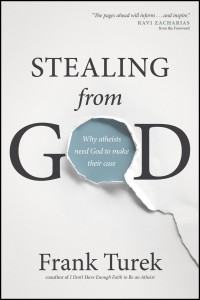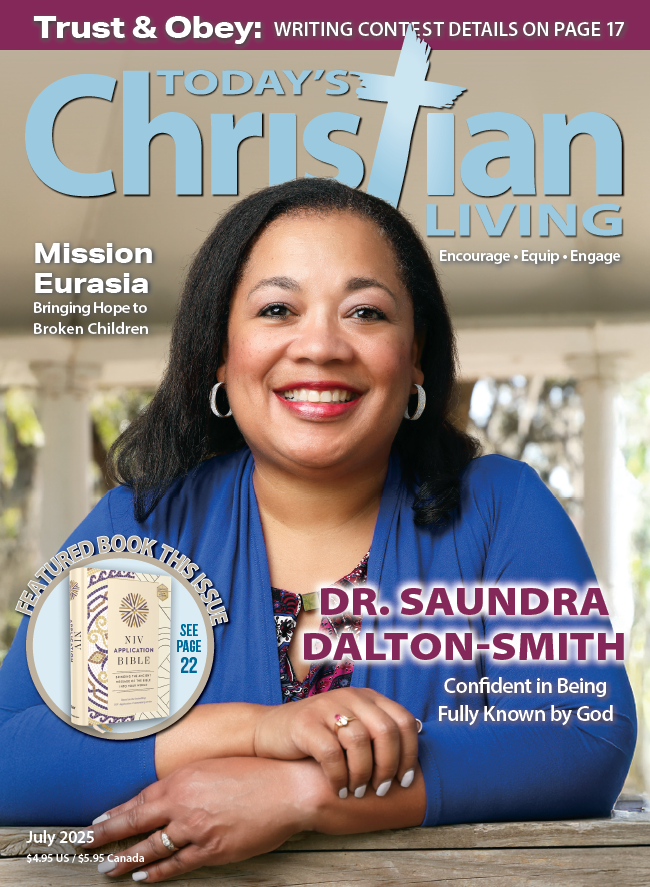An excerpt from Stealing from God: Why atheists need God to make their case
By Frank Turek
I grew up on the Jersey shore. (No, it wasn’t like the TV show.) Every summer morning I’d see several men combing the beach with metal detectors looking for jewelry and change lost the day before. One lost diamond earring or ring could pay for the metal detector several times over.
But as useful and successful as metal detectors are, they can’t be used to find everything. Metal detectors won’t help you find wood, plastic, rubber, or other nonmetallic objects.
Now, suppose metal-detector man, after just combing the beach, says to you, “I know there’s no plastic or rubber on that beach because I looked for those things with my metal detector and found nothing!” Then suppose he goes even further and says, “There’s not only no plastic or rubber on that beach, there is no plastic or rubber anywhere because I’ve never found a speck of it with my metal detector!” Meanwhile, you can’t help but notice that his metal detector is made of mostly plastic and rubber.
You’d think, Is metal-detector man nuts? He’s certainly not thinking properly.
That’s what Dr. Edward Feser, who thought of this illustration, thinks about atheists who insist that all truth comes from science. The atheists are like metal-detector man, and science is their metal detector. Because their chosen tool—science—has been so successful in discovering material causes in the natural world, atheists mistakenly assume that nothing but material things exist. Just like metal-detector man doesn’t realize that plastic and rubber are part of his metal detector—in fact, it couldn’t work without them—some atheists don’t seem to realize that immaterial realities are part of science, and science couldn’t work without them.
Since science depends on those realities, atheists can’t use science to deny that they exist. Feser says that doing so is “utterly fallacious—as fallacious as appealing to the success of metal detectors in order to support the claim that only metal exists.”
Natural science is just one method of discovering truth. You can’t take one method of discovering truth and say it’s the only method (especially since it relies on other methods more basic, such as philosophy and logic). The man who does, Feser writes, “is like the drunk who thinks his car keys must be under the lamppost because that is the only place there is light to look for them—and who refuses to listen to those who have already found them elsewhere.”*
*Edward Feser, “Not Understanding Nothing: A Review of A Universe from Nothing.” First Things, June 2012, http://firstthings.com/article/2012/05/not-understanding-nothing, accessed August 4, 2013.
Taken from Stealing from God copyright © 2014 by Frank Turek. Used by permission of NavPress. All rights reserved. Represented by Tyndale House Publishers, Inc.
Dr. Frank Turek is a dynamic speaker and an award-winning author as well as the coauthor of several books, including Stealing From God and I Don’t Have Enough Faith to Be an Atheist. As the president of CrossExamined.org, Frank presents powerful and entertaining evidence for Christianity at churches, high schools, and secular college campuses, to audiences that often initially begin hostile toward his message. He also frequently writes a column for Townhall.com.
Click here to purchase:
bit.ly/StealingFromGod









